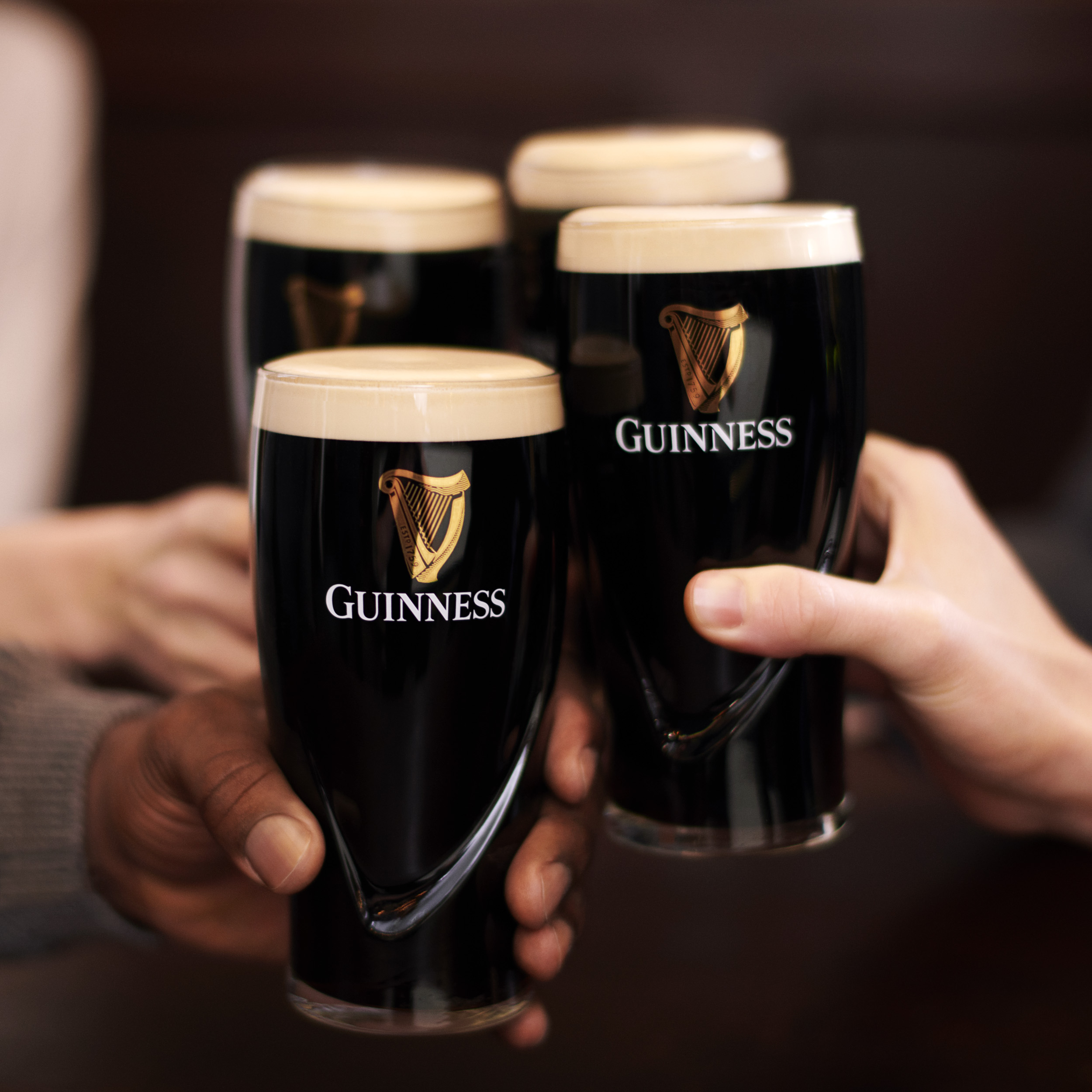
By Edson Baraukwa | Africa Guardian
Africa is the largest global market for Guinness beer, with Nigeria ranking second only to the UK in terms of consumption. The success of the Irish brand on the continent is often celebrated as a pioneering business model, largely attributed to its targeted advertising campaigns.
Sociologist Jordanna Matlon recently published a research paper analyzing three key Guinness Africa ad campaigns. She delves into the market forces driving these campaigns and how they target male consumers by shaping masculinity in ways that echo colonial patterns. We spoke with her for insights.
Capturing Africa: Guinness’ Appeal
Guinness’ journey in Africa can be divided into two phases. Initially, it was less about marketing and more about imperial dominance. British-controlled territories were natural markets for British imports, including Guinness. Despite its Irish origins, the brand had strong ties to the UK since the 1800s, following British shipping routes and entering the African market in 1827. By 1959, Guinness had solidified its presence through a partnership with Britain’s United Africa Company.
By the time African nations gained independence in the mid-20th century, Guinness was already a familiar brand. The company’s advertising strategies resonated with a post-colonial audience, linking the consumption of foreign goods to the “civilizing mission.” The message was simple: to be a modern, sophisticated man was to drink what the colonists drank. This was framed within a broader narrative of salaried men who could afford such luxuries. Notably, women were excluded from this imagery, reflecting colonial-era gender roles that confined them to the home.
Mid-1900s Guinness ads showed African men dressed in suits, enjoying their beer after a long day at work—portraying virility and strength, qualities that appealed to local masculinity.
The Michael Power Campaign: A Shift in Strategy
Guinness’ association with strength evolved further in the 1960s, with the slogan “Guinness gives you power.” This gave rise to the fictional character Michael Power at the turn of the century. Power, a suave, fearless African journalist, starred in short films and the feature-length movie Critical Assignment—all part of an advertising campaign.
Power embodied sophistication, cosmopolitanism, and, most importantly, strength, becoming a symbol of how Africa was positioning itself in a post-colonial world. Guinness cleverly tapped into the aspiration of African men wanting to project power and success.
Evolving Campaigns: Guinness Greatness and Made of More
Despite Michael Power’s success, Guinness soon shifted its focus to reflect the realities of its African consumers. By the 2000s, many African men had seen their dreams of stable, salaried jobs vanish due to economic structural adjustments. The rise of the informal economy meant fewer men wore suits and carried briefcases to work.
The Guinness Greatness campaign, launched around the time of the 2010 FIFA World Cup, featured a football scout discovering talent across Africa, even in his driver—a nod to the continent’s love for football and the hope of stardom. Similarly, the Made of More campaign spotlighted the Congolese sapeurs, men who worked thankless jobs by day but transformed into fashion icons by night. The message was clear: while they might not be salaried men, they could still prove their worth through style and presence.
These campaigns marked a departure from colonial ideals of masculinity, highlighting instead the extraordinary success of athletes or men in the informal economy. It was a reflection of Africa’s evolving identity—one centered on entrepreneurship and consumerism rather than traditional salaried work.
Conclusion: The Rise of ‘Bottom Billion Masculinity’
Matlon introduces the concept of “bottom billion masculinity,” borrowed from the corporate world. It refers to the way emerging markets, including Africa, are seen as the last frontier for corporate profit. The term celebrates the economic potential of the world’s poorest, but in reality, this wealth is extracted by corporations.
This dynamic is gendered, with men in precarious jobs turning to conspicuous consumption to showcase their worth. Guinness taps into this, portraying the everyday African man as worthy of celebration while selling him a beer. It is a stark example of how the search for masculine validation is exploited to enrich global corporations.
___
